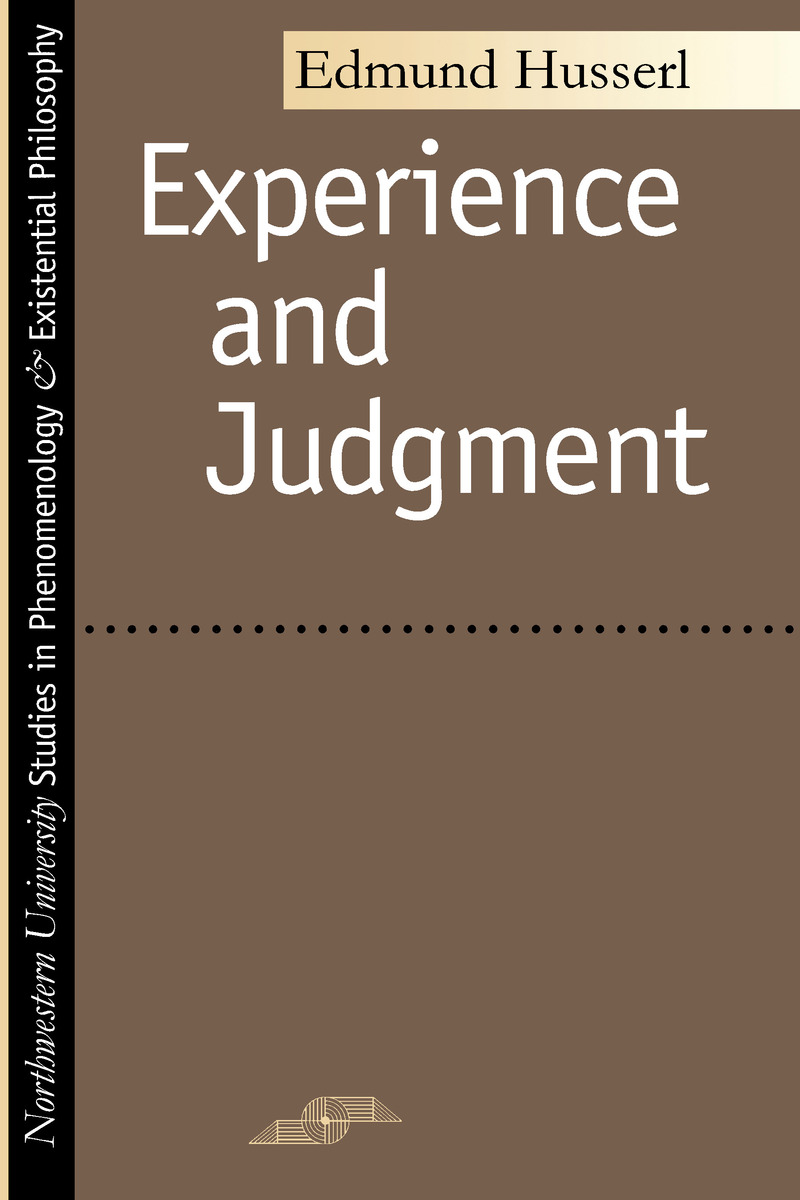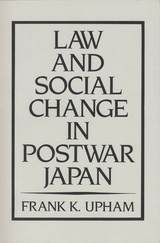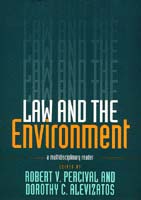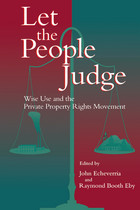Experience and Judgment
Northwestern University Press, 1973
Paper: 978-0-8101-0595-9 | eISBN: 978-0-8101-3307-5
See other books on: Churchill, James Spencer | Experience | Husserl, Edmund | Judgment | Phenomenology
See other titles from Northwestern University Press
Paper: 978-0-8101-0595-9 | eISBN: 978-0-8101-3307-5
ABOUT THIS BOOK | AUTHOR BIOGRAPHY | TOC | REQUEST ACCESSIBLE FILE
ABOUT THIS BOOK
In Experience and Judgment, Husserl explores the problems of contemporary philosophy of language and the constitution of logical forms. He argues that, even at its most abstract, logic demands an underlying theory of experience. Husserl sketches out a genealogy of logic in three parts: Part I examines prepredicative experience, Part II the structure of predicative thought as such, and Part III the origin of general conceptual thought. This volume provides an articulate restatement of many of the themes of Husserlian phenomenology.
See other books on: Churchill, James Spencer | Experience | Husserl, Edmund | Judgment | Phenomenology
See other titles from Northwestern University Press












